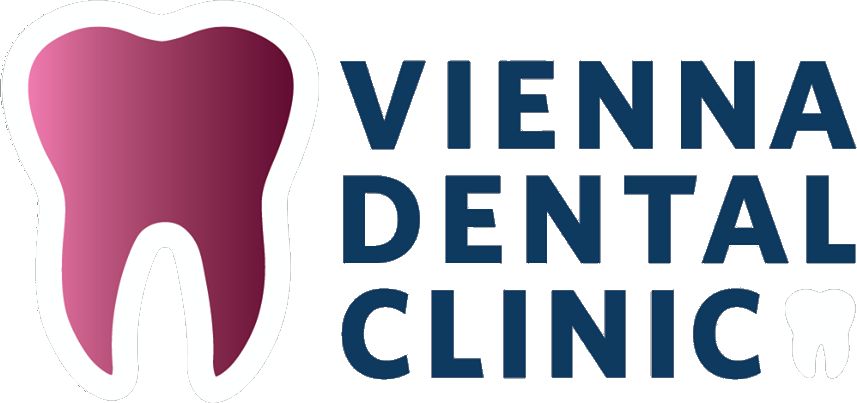What is a wisdom tooth?
A wisdom tooth is the lower and upper third molar located at the back of the mouth. They are known as wisdom teeth because usually, as they come in between ages 17 and 21—when an individual is old enough to have gained some wisdom.
What causes problems with wisdom teeth?
Wisdom teeth in good condition and the right position usually don’t cause complications. However, you may have a concern if any of the following take place:
- Due to inadequate space, the wisdom teeth only break through your gums partially. It can lead to a flap of gum tissue developing over them. The flap can trap food and result in gum infection.
- They emerge crooked or facing the incorrect way.
- Your jaw isn’t broad enough to give them space. In addition, your wisdom teeth may impact your jaw, preventing them from breaking through your gums.
- They’re so far back in your mouth and crowded that you have trouble cleaning around them.
- A cyst forms. It can damage the bone or roots.
How are they treated?
Wisdom teeth that cause complications should be removed or extracted. A dentist and an oral surgeon can do this.
The dentist or surgeon will open the gum tissue over the tooth and extract the tooth if necessary. Sometimes, to make tooth extraction easier, a tooth may be cut into smaller pieces. You may require stitches once the tooth is extracted.
If you have an infection, you may have to wait until it clears up before having your wisdom teeth out. Then, the dentist or surgeon may prescribe antibiotics to help clean up the infection.
You can take the following steps to relieve pain and swelling while waiting for the teeth to be extracted.
- For about 15 to 20 minutes, apply an ice pack on your cheek. Do not use heat.
- Every 2 to 3 hours, gently rinse your mouth with warm saltwater. Add 1 tsp (5 g) salt with 8 Fl oz (240 mL) warm water in a cup to make saltwater.
- Ibuprofen or naproxen are two over-the-counter pain relievers to try. Please read the directions thoroughly and follow them. Because of the possibility of Reye syndrome, a rare but serious condition, do not administer aspirin to anybody under the age of 18.
Do not apply aspirin to your gums directly. When aspirin is used in this manner, it can harm your gums.





